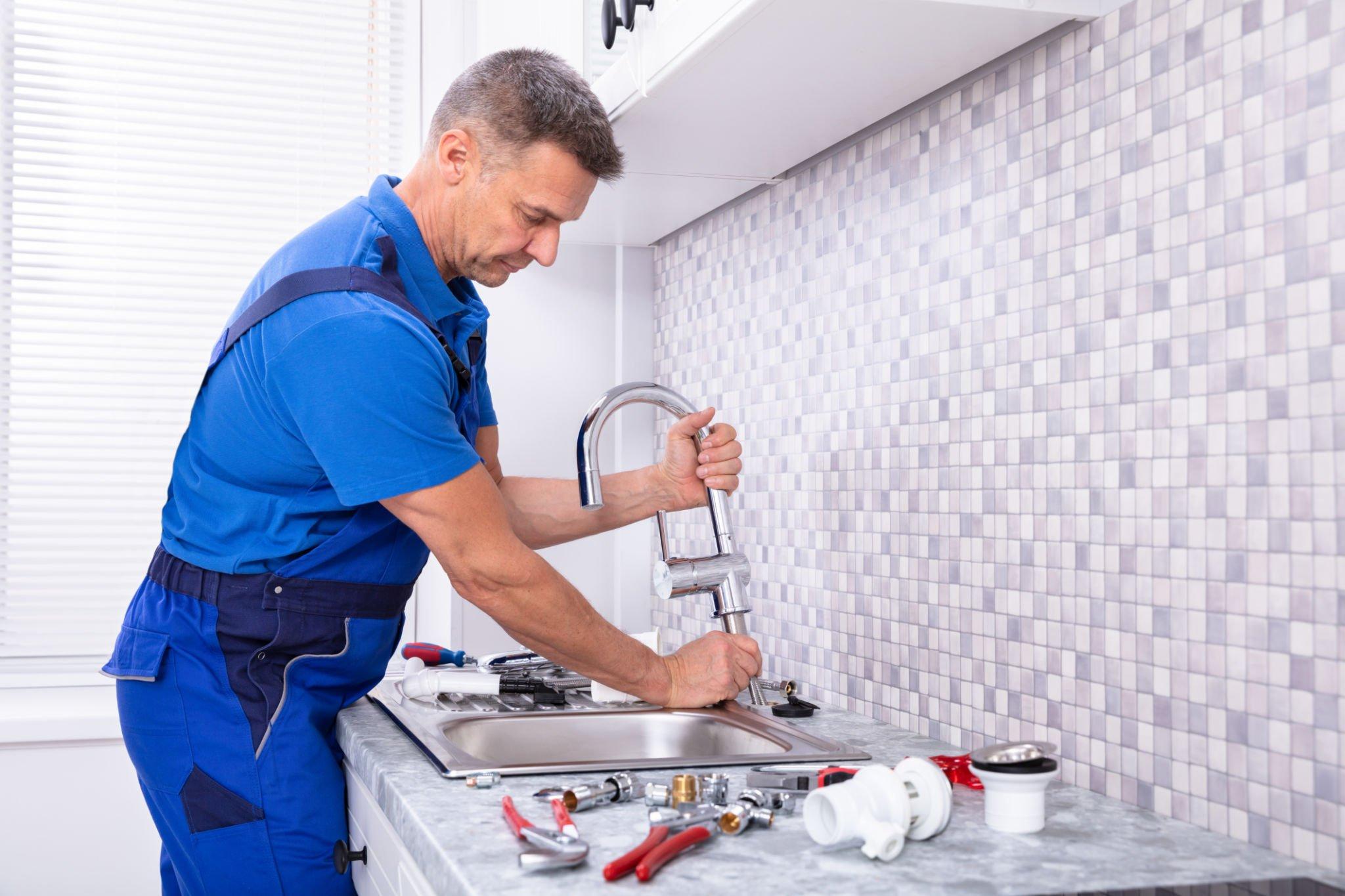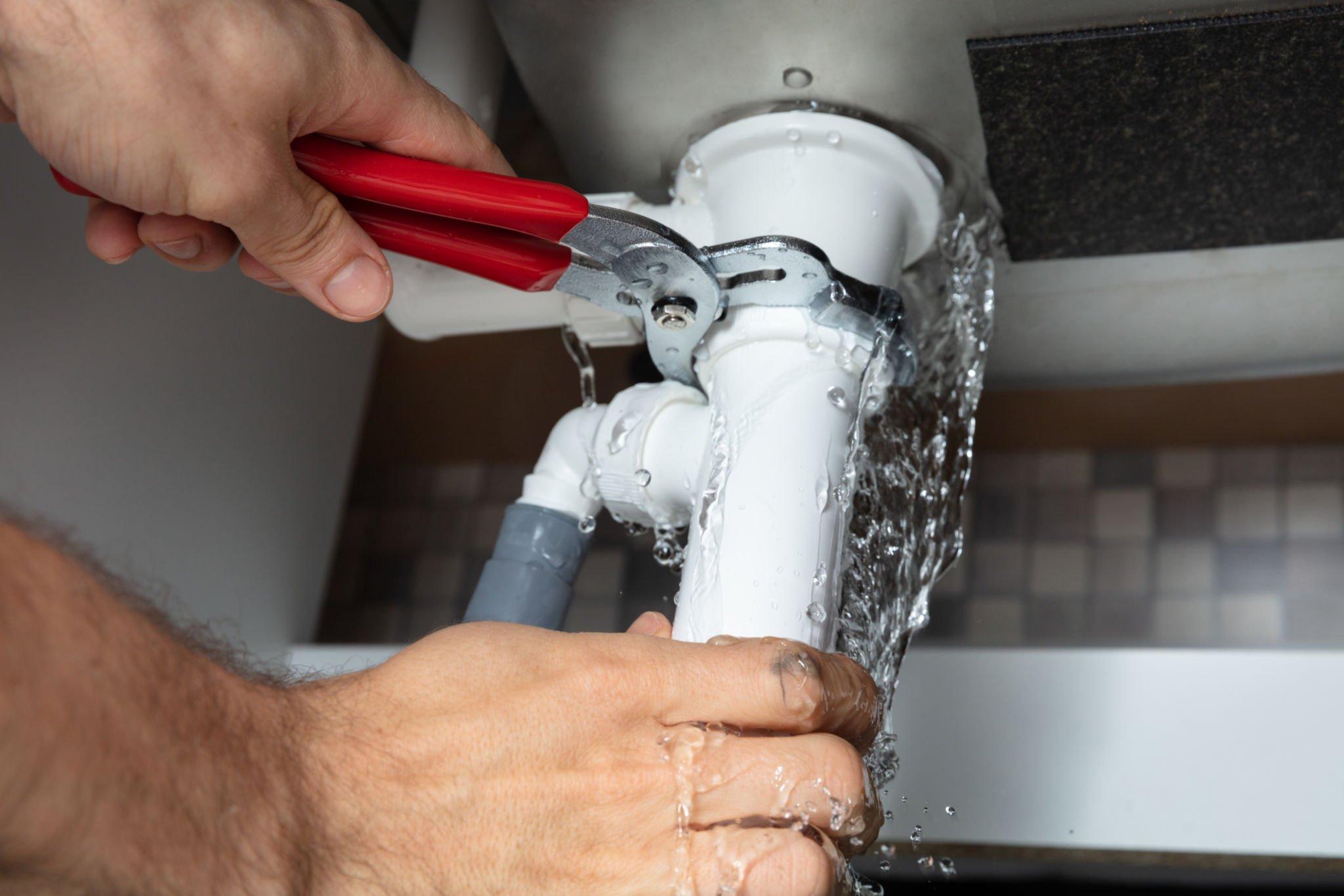The plumbing system of a home or building is its lifeline. Hidden behind walls and under floors, these pipes supply water, remove waste, and more.
Over the decades, various materials have been utilized for plumbing, each with its unique set of benefits and drawbacks.

As technology and manufacturing processes have evolved, so have the choices of piping materials. Whether you’re a homeowner looking to repair and replace or just curious about the pipes running through your walls, understanding the different pipe materials can be immensely helpful.
Armed with this knowledge, you can make informed decisions about repairs, replacements, or installations.
What are the pros and cons of different pipes?
Let’s dive into this comprehensive guide:
1. Copper pipes:
Pros:
- Durability: Copper pipes are known for their long lifespan and resistance to corrosion in most environments.
- Heat tolerant: Suitable for hot water supply due to its ability to withstand high temperatures.
- Environmentally friendly: Copper is recyclable, making it a green choice.
Cons:
- Costly: Among the more expensive options for plumbing materials.
- Potential for corrosion: In areas with acidic water, copper pipes may corrode faster.
2. PVC (polyvinyl chloride) pipes:
Pros:
- Non-corrosive: PVC doesn’t rust, corrode, or degrade over time.
- Cost-effective: Often cheaper than metal counterparts.
- Easy installation: Lightweight and easy to work with.
Cons:
- Not for hot water: PVC isn’t suitable for hot water supply due to its lower melting point.
- Joint vulnerability: The joints can become weak points over time, leading to potential leaks.
3. CPVC (chlorinated polyvinyl chloride) pipes:
Pros:
- Hot water friendly: Unlike PVC, CPVC can handle hot water due to its higher temperature resistance.
- Non-corrosive: Shares the corrosion-resistant properties of PVC.
Cons:
- Flexibility issues: More rigid than PVC, which can make it slightly more challenging to install.
4. PEX (cross-linked polyethylene) pipes:
Pros:
- Versatility: Suitable for both hot and cold water.
- Easy installation: Flexible and requires fewer joints, making installations and repairs more straightforward.
- Resistant to scale & chlorine: Doesn’t degrade in systems with high chlorine or scale presence.
Cons:
- UV Sensitive: PEX pipes shouldn’t be exposed to sunlight as it can degrade the material.
Read also: What Are the Advantages and Disadvantages of a Flat-Pack House?
5. ABS (acrylonitrile butadiene styrene) pipes:
Pros:
- Strong & Shock Resistant: Often used for waste, vent, and drain lines due to its sturdiness.
- Cost-Effective: Generally cheaper than PVC.
Cons:
- Temperature Limitations: Not suitable for supplying hot water.
6. Galvanized steel pipes:
Pros:
- Sturdy: Galvanized steel pipes are very durable and can last a long time if not exposed to moisture.
Cons:
- Corrosion potential: Can rust over time, especially if the zinc layer erodes, leading to potential water discoloration and reduced water pressure.
- Heavy: More challenging to work with due to its weight.

7. Cast Iron Pipes:
Pros:
- Longevity: Can last for decades, often used in older homes.
- Soundproof: Excellent at muffling the sound of running water.
Cons:
- Weight: Very heavy, requiring support during installation.
- Corrosion Issues: Can rust over time, especially on the inside.
- Final note
Choosing the right pipe material is crucial, depending on the specific needs of your project. Whether it’s the longevity of copper, the versatility of PEX, or the affordability of PVC, each material has its unique set of advantages. Different situations will demand different materials.
It’s essential to consider factors such as the water type, the purpose of the plumbing (supply vs. drainage), local regulations, and of course, the budget.
Furthermore, always consult with a plumbing professional before making any decisions. Their experience and expertise can guide you through the maze of options available.
They can provide valuable insights and ensure that the chosen material is apt for your home or building’s specific conditions.









